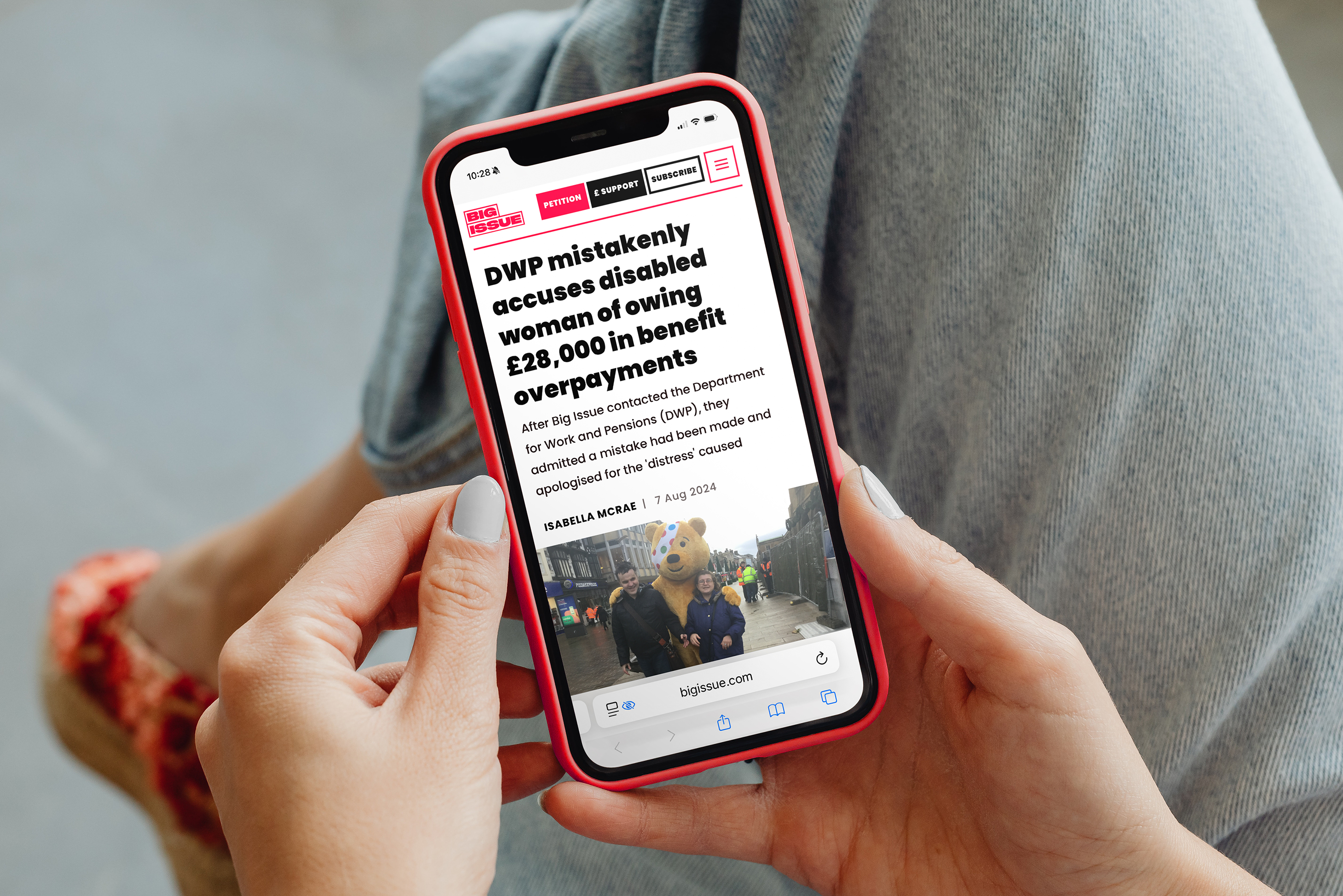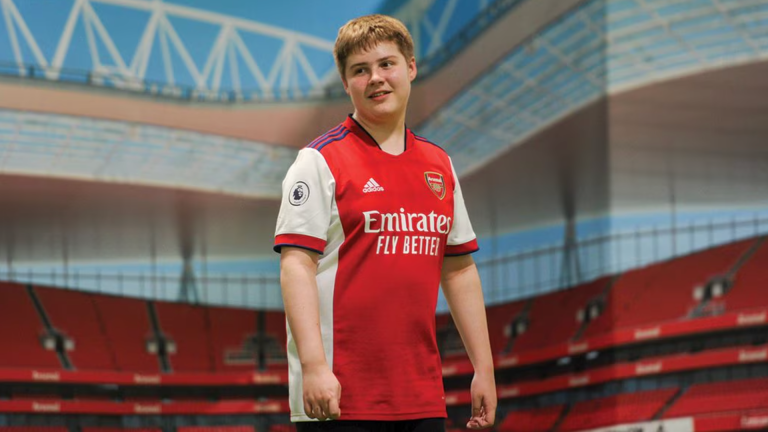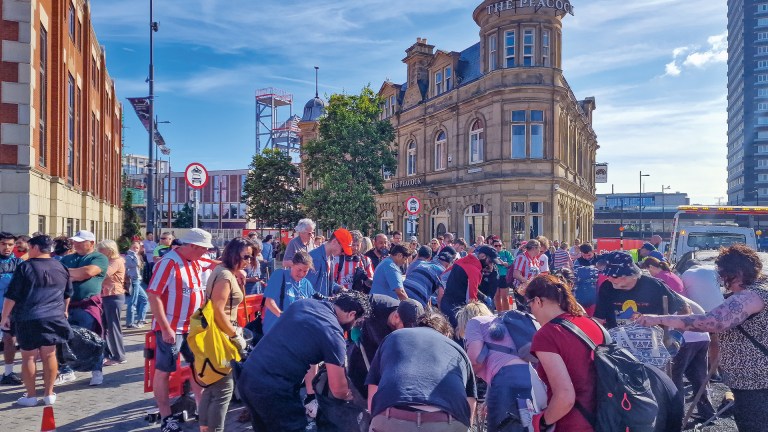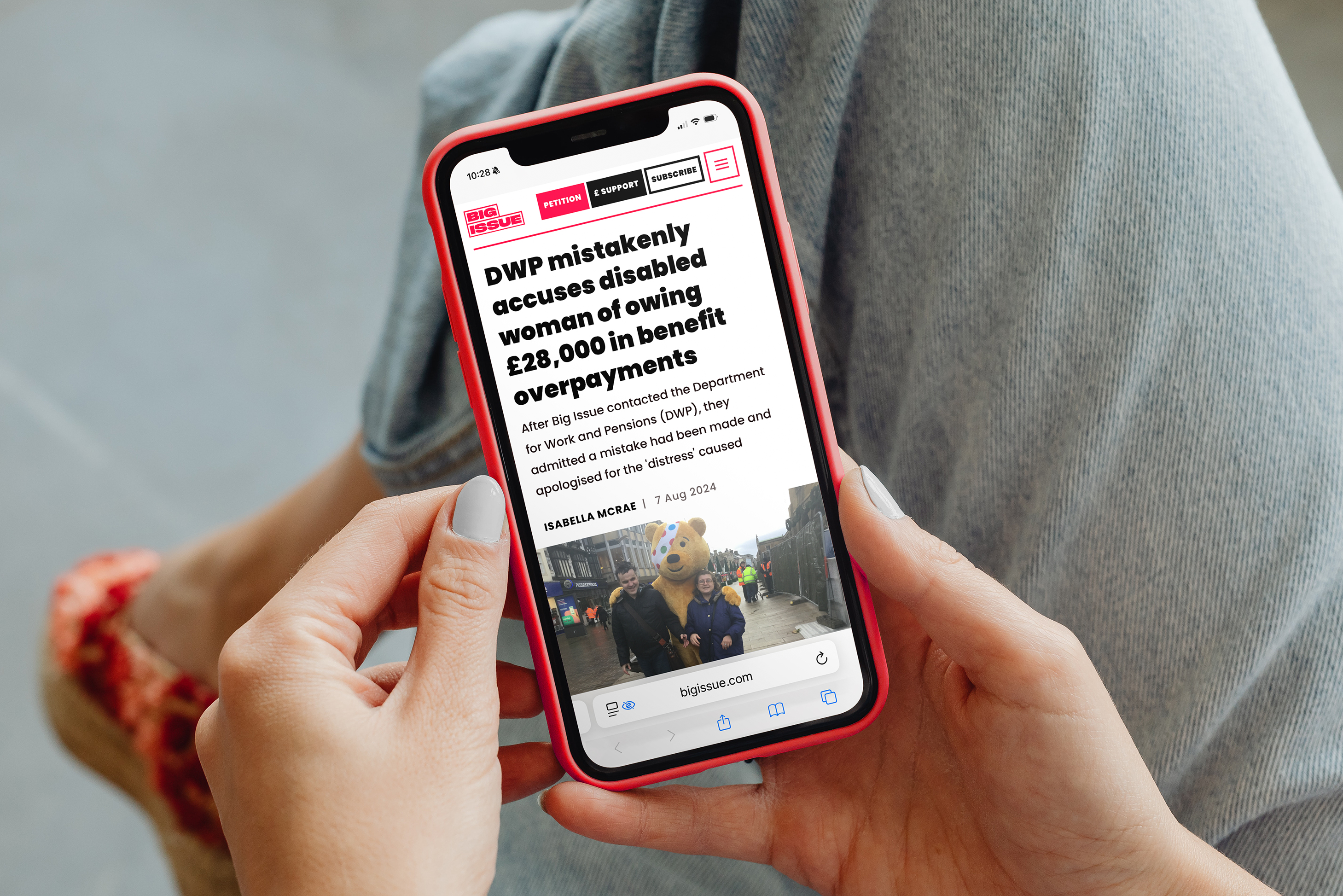Paul Casson made sure Maxwell had transport to college, he supported her studies, and he taught her to box. It was in the ring that he told Maxwell he had an aggressive form of stomach cancer. “Paul literally spent the last two years of his life making me believe in myself and my education,” she says. She went on to study leisure events management at Sheffield Hallam University.
After graduating, Maxwell worked with disadvantaged schoolchildren. “I thought about how willing Paul was to support me, a stranger, and I wondered if I could be that for someone else,” she says.
She took no salary for the first two years, instead working as an athletics coach and a cleaner,
She found work in secondary schools mentoring excluded students through GCSEs and realised that these kids needed longer-term, intensive support.
“That’s when the idea for my own college, for the kids who fall through the cracks, sprang up.” The Really NEET Project was launched in 2011, with Maxwell as the only staff member.
She took no salary for the first two years, instead working as an athletics coach and a cleaner when she wasn’t at the Project. Today now manages a £600,000 turnover.
The main programme, Inspiring Change, spans two years. For 16 hours a week, 16 to 24-year-olds referred by mental health or social services work towards GCSE-equivalents in English and maths, as well as vocational qualifications like woodwork and art. Students are supported back into mainstream education or into employment.
Advertising helps fund Big Issue’s mission to end poverty
There are some features of the college that Maxwell was determined to implement. Pick-up schemes, for example, transport students from their homes, hostels or refuges and get them home safely too. Youth workers at the college take students to counselling, help sort out their benefits, advocate for housing for them or make sure a hotel room is paid for – the ‘no young person sleeping rough’ policy is non-negotiable.
It’s such an honour when a young person allows you to work with them,
“It’s absolutely incredible. It’s such an honour when a young person allows you to work with them,” Maxwell says. But relying on public funding has been tricky, Maxwell says, so she came up with a plan for the college to become sustainable.
”These young people have been let down by education. To even consider taking an exam is a scary prospect.” So the college started producing escape room-inspired exams, with everything from zombie apocalypse, escape from Alcatraz and into-Wonderland themes.
“The kids were rating it eight out of 10 for enjoyment,” she says. “For an exam!” The pass rate soared, too.
Really NEET has partnered with tech company Accenture to set up a separate organisation which will produce teaching resources, special exams and bespoke training, all under a subscription offered to colleges and schools across the country. The cash earned will be invested right back into the college.
But Maxwell has her eyes set on even bigger challenges. She wants to change the funding system for educational programmes in the UK, because current criteria – like work experience that students must attend regularly, for 16 hours a week minimum – immediately rule out initiatives set up for young people impacted by poverty. “What we’ve got is a funding system that fuels inequality. The most vulnerable young people in our country cannot access education.
Advertising helps fund Big Issue’s mission to end poverty
“It’s about being a voice for the young people,” Maxwell says. “To see changes on a national level that make education inclusive to all.”










